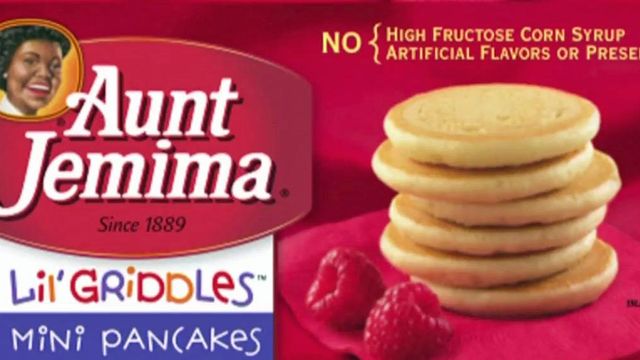FDA issues flurry of Listeria-related recalls: Stay safe with these tips
The U.S. Food and Drug Administration has issued a flurry of recalls in the last six months related to Listeria. The recalls have included frozen Aunt Jemima products and raw-milk cheeses produced by Vulto Creamery.
Posted — UpdatedThe U.S. Food and Drug Administration has issued a flurry of recalls in the last six months related to Listeria.
The recalls have included frozen Aunt Jemima products and raw-milk cheeses produced by Vulto Creamery.
Part of the concern in recent recalls is that some people are more susceptible to symptoms after exposure to Listeria.
"Most recently, the concerns have been about certain cheeses, but actually, Listeria has been found in ice cream, cookie dough, frozen vegetables and even frozen waffles," Consumer Reports' health editor Julia Calderone said.
Not everyone exposed to Listeria gets sick from it. But when you do, it can be serious.
People who get invasive listeriosis will likely end up in a hospital for treatment. One in five people who are infected with listeriosis die.
Four groups are at the highest risk – the elderly, people with compromised immune systems, newborns and pregnant women.
In fact, pregnant women are roughly 10 times more likely than the general population to be infected.
Unfortunately, there is no way to detect Listeria ahead of time.
"The best way to steer clear of it is to avoid certain types of food, like soft cheeses and unpasteurized dairy products, especially if you're in a high-risk group," Calderone said.
Symptoms associated with exposure to Listeria include diarrhea, muscle or head aches and fever. The tricky part is that symptoms can come on right away or take up to a month to develop.
"Sometimes, it's really hard to pinpoint the source of the infection," Calderone said.
Websites such as FoodSafety.gov can help you keep an eye out for food recalls.
If you have potentially contaminated food in your home, throw it away.
The Centers for Disease Control and Prevention says you should also clean the refrigerator where potentially contaminated food was stored.
• Credits
Copyright 2024 All Consumer Reports material Copyright 2017 Consumer Reports, Inc. ALL RIGHTS RESERVED. Consumer Reports is a not-for-profit organization which accepts no advertising. It has no commercial relationship with any advertiser or sponsor on this site. For more information visit consumer.org (http://consumer.org/)





